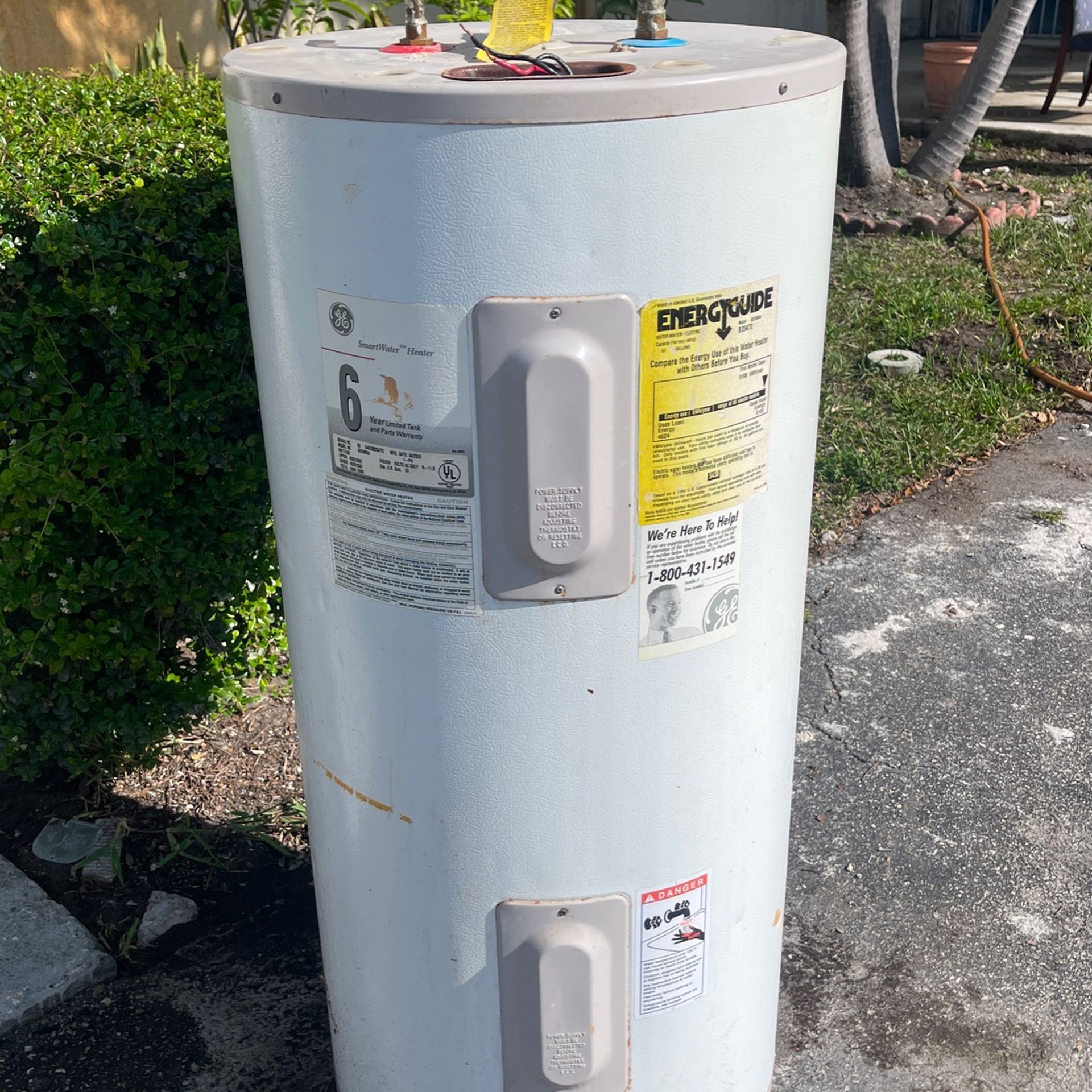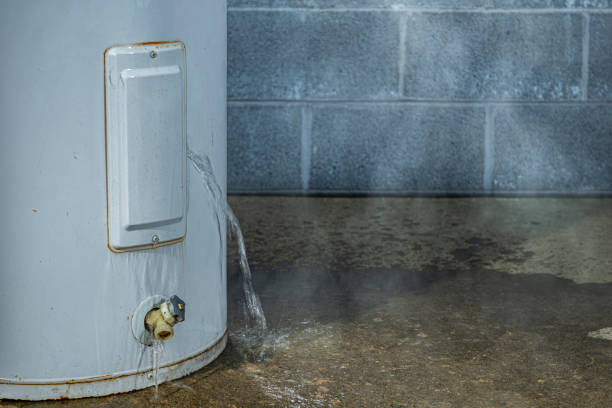Vital Steps House Owners Should Take While Addressing Malfunctioning Water Heaters
Vital Steps House Owners Should Take While Addressing Malfunctioning Water Heaters
Blog Article
How do you actually feel on the subject of What Do You Do When Your Water Heater Bursts??

Whether it is located in the cellar or a separate space, busted water heating systems can trigger tension. Having no hot water supply is also problematic.
Shut Down Source Of Power
Prior to calling the plumber, shut off a gas water heating unit by transforming the temperature level dial. This will certainly stop electrocution, especially if there is a leak as water is a conductor. Generally, the heating aspect closes off when the water hits a particular temperature level.
Cut Off the Cold Water Supply
Cut off the containers touch water supply from the resource. When your storage tank is in excellent problem, the chilly water stops filling up when the tank is full. If you can not locate it or reach it, you must transform off that primary water supply line outside your building.
Call the Plumber
After doing the first 2 safety and security actions, you must call your plumber to come right away to fix a fractured water heating unit. There are usually indications that your aging water heating system has debris buildup in the inside.
Do not wait for major flooding to call the plumber. Already, you will have to invest even more to recover your residential property. Rather, as quickly as you identify these signs, have a professional concerned inspect your hot water heater say thanks to. Commonly, water heaters have a life-span of concerning 8 to 12 years. With regular examination as well as upkeep, you can extend its life.
Clean Up Residential property
After calling the plumber, file damages by taking notes as well as photos so you can assert your property owner's insurance policy. From there, start the immediate clean-up. Obtain any kind of essential possessions to prevent further saturating. Then, get rid of any standing water to prevent mold and mildew and mold development. If you have a completely submersible water pump, make use of that to drain the water. Or else, the traditional pail approach will additionally function. Attempt to mop out whatever, including walls and walls. Maintain them running to keep air flowing if you have an electric follower as well as dehumidifier. This will assist hinder mold growth.
Keep in mind, if you observe any issues with your water heating unit, call the pros right away. You can not take this problem gently due to the fact that a faulty thermostat can raise water temperature to a precariously high degree, leading to unintentional burns.
Whether it is situated in the basement or a separate space, busted water heating units can trigger stress and anxiety. Before calling the plumber, shut off a gas water heater by transforming the temperature level dial. After doing the initial two safety steps, you need to call your plumber to come right away to take care of a fractured water heater. If you have a submersible water pump, make use of that to drain pipes the water. Keep in mind, if you see any type of issues with your water heating system, call the pros right away.
Is My Water Heater Broken?
The Water Heater is Old
No appliance will last forever. This includes a home’s water heater. During its lifespan, residents are going to face a situation where a new water heater installation will be necessary. The biggest problem with this is that most people are not sure when their water heater expires. Not knowing this can lead to serious risks if the unit begins to act up due to old age.
Most makes and models of water heaters will last between eight and 10 years. While 10 years is the age when water heater replacement is highly recommended, the need to replace the unit may occur before this time or after. If the unit doesn’t show any symptoms of a problem, it is a good idea to replace it at the 10-year mark (from the manufacture date).
Some of the symptoms that indicate a new unit is needed include rusting, leaks, noises, and a failure to heat up the water. Also, note that not all units have a 10-year life expectancy. The main exception to this rule is that a gas unit will last for six to eight years.
Rusty Heater Inlet Valve or Water
While steel is the strongest material on earth, it does have a weakness – rust. If corrosion occurs on a steel surface, it will begin to spread and eat through the steel in certain areas. On water tanks and pipes that are made of steel, rust is a warning sign of an impending leak.
The issue for many is trying to figure out if the rust is coming from the water heater or the pipes that lead to the faucet. If rust is seen, it is a clear indication that water heater service from the professionals is needed.
If rusty water appears out of the faucets in the bathtub or sink, it likely means a rusty water heater. If there is rust near the water inlet or the pressure relief valve, rust has likely developed inside the tank. If tap water appears rusty, it may be an issue with the pipes.
Strange Sounds from the Water Heater
Are there strange sounds coming from the tank? As a water heater gets older, rumbling noises may develop and get louder and louder as the water in the tank heats up. In homes where large amounts of hot water are used, the issue is likely going to be even more obvious when more serious issues arise. If there is a strange or loud noise coming from the unit, it is probably because of sediment buildup. A good way to remedy this problem is by flushing the heater. If this does not work, then a new unit may need to be installed.
Leaks
As a water heater gets closer to the end of its useful life, there is a higher chance there will be water around the tank. If there is water, this usually means leaks are occurring. Based on where the unit is located in the home, a leak may result in serious property damage.
Leaks are usually caused by expansions in the metal tank. The expansions occur as time passes and as the inside body of the tank is exposed to multiple heating cycles per day. When a fracture forms, the gap will be slight enough to hold the water in; however, in more serious situations, this will not be the case. If the tank is idle, the water will not leak but when the metal expands during each heating system, small amounts of water will get through the gap.

We hope you liked our topic about How to Avoid a Broken Hot Water Heater. Thanks for taking time to browse our content. Liked our posting? Please share it. Let someone else find it. I recognize the value of reading our article about What Do You Do When Your Water Heater Bursts?.
Request A Quote Report this page